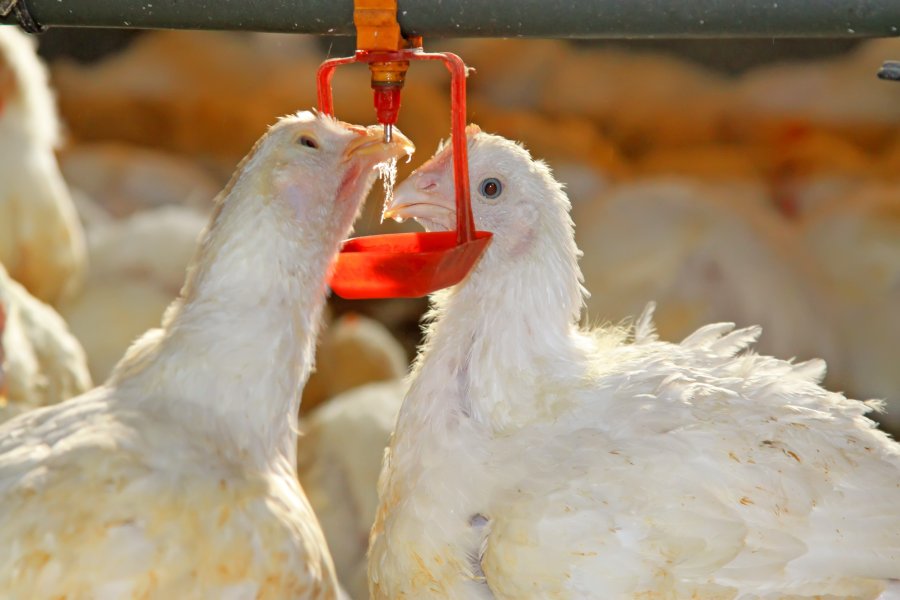
The closing of the Energy Bill Relief Scheme at the end of March will create an 'acute challenge' for the poultry and horticulture sectors, farms leaders warn.
Both sectors could be impacted so much that it could lead to a reduction in domestic food production, risking heightened food price inflation for consumers, the UK's four farming unions say.
The scheme is an initiative created up by the government in October 2022 to help businesses with rising energy costs, but it is set to end on 31 March 2023.
Taking its place is the Energy and Trade Intensive Industry scheme (ETII), which will provide high level energy relief to a number of sectors including food processing and manufacturing.
However, the scheme, which commences from April 2023, currently excludes primary agricultural production.
The UK's four farm unions have written to the government calling for an extension of the ETII to include horticultural and poultry production.
The letter, to Secretary of State Grant Shapps MP, has been signed by the presidents of NFU Scotland, NFU, NFU Cymru and Ulster Farmers’ Union.
The letter concludes that unless the scheme is amended to provide a higher level of relief, there could be a fall in UK food production.
It could also negatively impact the thousands of supply chain companies that are sustained by the farming sector, the unions warn.
The letter states: “When the Energy Bill Relief Scheme changes at the end of March, higher energy costs will be a challenge for all farmers, however, the situation will be acute for the poultry and horticulture sectors.
"Poultry businesses are reliant on gas and electricity to rear poultry and store fresh produce safely and they will struggle to absorb the huge hikes in energy prices that they will face.
"Horticulture’s exposure is significantly greater for gas for glasshouse heating, but also electricity used for lighting (for those with lit crops) and chilling and storing picked produce."
Furthermore, most businesses won’t be able to benefit from current low market prices until high-cost contracts expire, the farm leaders say.
"The government guidance under EBRS was to fix a contract," the letter says, "Those businesses who ignored government advice to fix their contracts will now be the first to benefit from price drops.
“We are currently awaiting the publication of further guidance and urge you to review the classification for higher level support.
"Energy prices are already seriously damaging our ability to produce food and from next month, many of our members’ businesses will face an energy cost cliff edge.”
